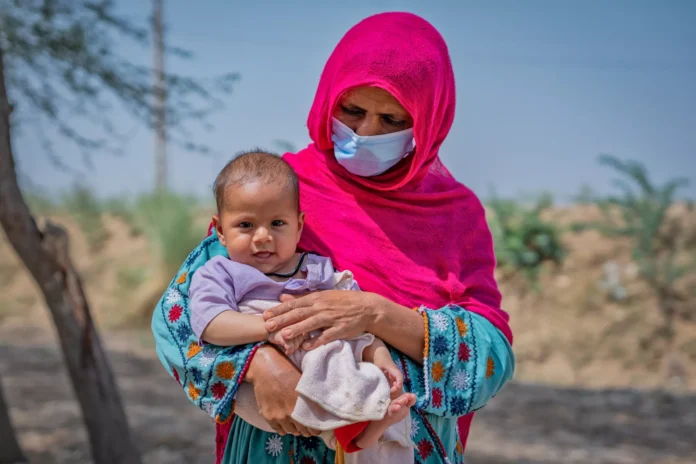Millions of children across South Asia are suffering from undernourishment, anaemia and obesity, UNICEF warns.
UNICEF’s latest report Feeding Profit: How Food Environments are Failing Children finds that the number of children aged 5–19 living with overweight has increased fivefold to 70 million in South Asia since 2000. Obesity has more than doubled, while undernutrition and anaemia remain stubbornly high.
In addition to rising obesity, South Asia continues to carry the largest burden of undernutrition (low birth weight, stunting and wasting) in the world. One in three children under five years old is stunted; one in 10 suffers from wasting; and one in four is born with low birth weight. South Asia carries the largest anaemia burden globally, affecting almost half of women and adolescent girls.
Sanjay Wijesekera, UNICEF Regional Director for South Asia:
“Leadership all over South Asia must prioritise collective action to overcome the triple burden of malnutrition. By doing so, we can raise a generation of productive, thriving children who can build a strong and prosperous region.”
The report calls on governments to ensure that nutritious, affordable food is accessible to all families and to ban the promotion and marketing of unhealthy foods within a 5-kilometre radius of schools.
UNICEF has called upon South Asian governments to:
1-Scale up integrated health and nutrition services to reach every child, especially girls and those out of school.
2-Combine nutrition-sensitive cash transfers with nutrition education to ensure vulnerable families use the money solely to purchase healthy, nutrient-rich foods.
3-Implement stricter laws, such as marketing restrictions, clear labelling of ingredients in local languages, fines, and safeguards against lobbying efforts aimed at influencing policies and decisions to protect children from harmful food marketing and the sale of unhealthy foods in retail settings, digital environments, and near schools.
4-Increase public awareness of how ultra-processed foods affect children and the environment.
5-Empower adolescents to take initiative and advocate for policies that address the increasing malnutrition among children and youth.



